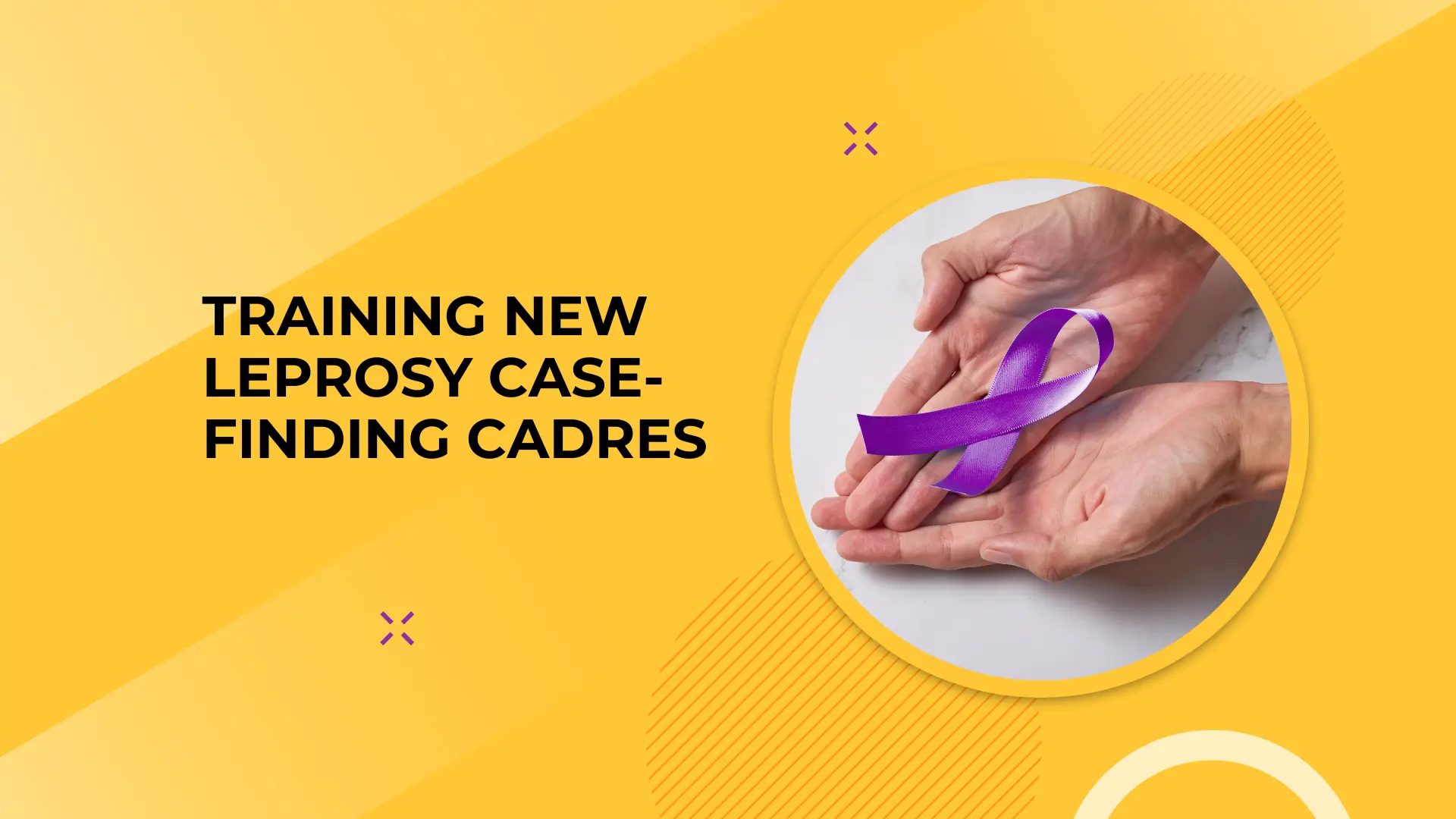The role of trained cadres in finding new cases of leprosy with a social learning theory approach in the City of Bima, Indonesia was studied to determine the effectiveness of empowering health cadres in changing their perceptions of leprosy for early detection. Kurniadi and Hasbi (2024) used a quasi-experimental method, comparing the findings of 20 trained cadres with those of 20 untrained cadres as controls. The results showed a significant difference in the range of case findings between the two groups, with the trained cadres identifying seven positive cases of leprosy compared to only three suspected cases in the control group. The study suggests that training health cadres using social learning methods can improve their ability to identify new cases of leprosy, recommending further exploration of factors contributing to these differences.
What are the implications of the study’s findings for leprosy prevention and control in Bima, Indonesia?
The study’s findings have significant implications for leprosy prevention and control in Bima, Indonesia. The results suggest that training health cadres using social learning methods can improve their ability to identify new cases of leprosy, which is crucial for early detection and effective management of the disease. This approach can lead to a reduction in the number of undiagnosed cases, thereby reducing the risk of transmission and the overall burden of the disease on the community.
The study’s findings also highlight the importance of empowering health cadres to change their perceptions of leprosy, which is essential for effective prevention and control. By improving the skills and knowledge of these cadres, the study demonstrates that they can play a vital role in identifying and reporting cases, thereby enhancing the overall response to the disease.
In terms of practical applications, the study’s results can inform the development of targeted interventions aimed at improving the detection and management of leprosy in Bima, Indonesia. This could involve incorporating social learning methods into existing training programs for health cadres, as well as providing additional support and resources to ensure that they are equipped to effectively identify and manage cases.
Furthermore, the study’s findings can also contribute to the broader understanding of leprosy prevention and control strategies, particularly in the context of low-resource settings where the disease is more prevalent. By exploring the factors that contribute to the observed differences in case findings between the control and treatment groups, the study can inform the development of more effective and targeted interventions that address the specific needs and challenges of these settings.
Overall, the study’s findings have significant implications for leprosy prevention and control in Bima, Indonesia, and can contribute to the development of more effective strategies for managing the disease in low-resource settings.
The role of empowering health cadres to change their perceptions of leprosy is very important for early detection. The aim of the research is to determine the role of trained cadres to find new cases of leprosy with a social learning theory approach. The quasi-experimental method was used in this study to identify new cases of leprosy, with a sample of 20 trained cadres and 20 untrained samples as controls. The data collected were then processed using the Mann-Whitney. The distribution of leprosy case findings in the control group revealed 17 negative cases and three suspected cases, and the distribution of leprosy case findings in the treatment group revealed 12 negative cases, one suspected case, and seven positive cases. On the results of the Mann-Whitney test, it was found that the value of p=0.03 <0.05 and the difference in the mean rank of the treatment was 23.52 and the mean rank in the control was 17.48. In conclusion, there was a difference in the range of case findings between the control and treatment groups that received leprosy identification training using social learning methods. The recommendation is to explore potential factors that may contribute to the observed differences in case findings.
The role of trained cadres to find new cases of leprosy with a social learning theory approach in the City of Bima, Indonesia
Kurniadi Kurniadi, Muhamad Hasbi
By: I. Busthomi




